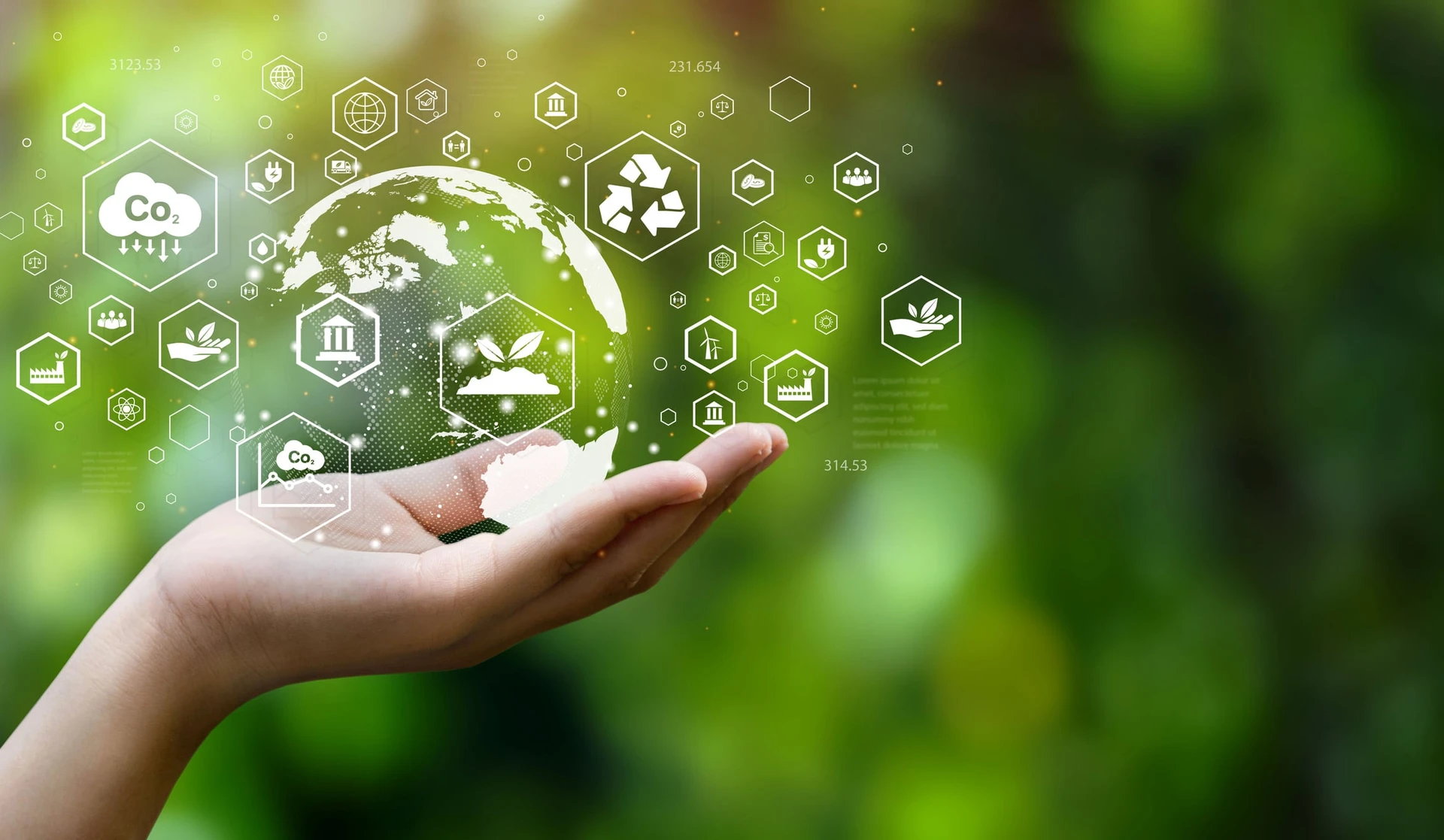In an era where environmental consciousness is at its peak, industries across the globe are reevaluating their practices to minimize their ecological footprint. Among these, the label converting industry plays a significant role in revolutionizing packaging solutions to align with sustainability goals. From recyclable labels to dissolvable alternatives and recycled content labels, manufacturers and converters are pioneering various eco-friendly label solutions to meet the demands of a greener future.
Understanding Recycled vs. Recyclable Labels
Before delving into the innovative solutions offered by label manufacturers, it’s crucial to grasp the distinction between recycled and recyclable labels.
Recycled labels incorporate post-consumer waste materials into their production process.
These labels typically consist of plastic substrates, such as polypropylene (PP), high-density polyethylene (HDPE), or polyethylene terephthalate (PET), which contain a significant proportion of recycled content, often around 25% but 80% or higher is possible. By utilizing recycled materials, these labels contribute to the circular economy by diverting waste from landfills and reducing the demand for virgin resources.
On the other hand, recyclable labels are designed to be easily processed through recycling systems after their useful life. These labels are usually made from materials like PP, HDPE, or PET, which are widely accepted by recycling facilities. By ensuring that packaging materials can be effectively recycled, recyclable labels promote resource conservation and waste reduction.
Sustainability Efforts in Label Converting
Beyond the development of eco-friendly label solutions, label converters are implementing sustainability initiatives across their operations to minimize environmental impact. This encompasses various aspects of label production, including materials selection, printing processes, and waste management.
- Liners: Manufacturers are exploring alternatives to traditional liner materials, such as silicone-coated paper, to improve recyclability and reduce waste. By transitioning to linerless labels or utilizing liner materials with recycled content, converters can minimize the environmental footprint of label production.
- Substrates: Sustainable substrate options, such as biodegradable films and paper alternatives, are gaining traction in the label converting industry. These materials offer comparable performance to traditional substrates while being more environmentally friendly and compatible with recycling systems.
- Inks and Laminates: Water-based and UV-curable inks are preferred choices for label printing due to their lower environmental impact compared to solvent-based alternatives. Similarly, converters are opting for laminates with reduced VOC emissions and recyclable properties to enhance the sustainability of label products.
- Adhesives: The selection of adhesives plays a crucial role in determining the recyclability and reusability of labels. Converters are prioritizing the use of removable or water-soluble adhesives to facilitate label removal during recycling or product reuse, thereby minimizing contamination and maximizing material recovery.
Regulations and Certifications in Sustainable Label Converting
In the realm of sustainable label converting, adherence to regulations and certifications is paramount to ensure environmental responsibility and compliance with industry standards. Several governing bodies and certifications play a crucial role in guiding label converters towards sustainable practices. Let’s explore some of these key entities:
- Association of Plastic Recyclers (APR): APR sets stringent guidelines for the recyclability of plastic packaging materials, including labels. Manufacturers and converters striving to create recyclable labels often seek APR certification to ensure their products meet the organization’s rigorous standards. By complying with APR protocols, label converters facilitate the recycling process and promote the circular economy for plastics.
- Forest Stewardship Council (FSC): For paper-based label materials, FSC certification is instrumental in promoting responsible forest management. FSC-certified paper substrates assure label converters and end-users that the paper originates from sustainably managed forests, safeguarding biodiversity and supporting local communities. Integrating FSC-certified materials into label production aligns with principles of environmental conservation and social responsibility.
- Environmental Protection Agency (EPA): The EPA regulates environmental issues in the United States, including waste management and pollution prevention. Label converters must adhere to EPA regulations to mitigate environmental harm and ensure compliance with legal requirements. EPA guidelines influence label converting processes, waste disposal practices, and the selection of materials to minimize adverse environmental effects.
By adhering to the regulations and certifications established by APR, FSC, and EPA, label converters uphold standards of sustainability and environmental responsibility in their operations. These governing bodies provide essential guidance and validation, ensuring that sustainable label converting practices contribute to a healthier planet and a more sustainable future.
In the quest for a more sustainable future, the label converting industry is at the forefront of innovation, offering a diverse range of eco-friendly solutions to meet evolving consumer demands and regulatory requirements. From recyclable labels and dissolvable alternatives to recycled content labels and direct marking solutions, manufacturers and converters are paving the way for greener packaging practices. By prioritizing sustainability efforts across all aspects of label production, from materials selection to waste management, the industry is driving positive change and contributing to a circular economy where resources are conserved, waste is minimized, and environmental impact is reduced.
Connect with our labelling experts today
Blog article form
"*" indicates required fields

